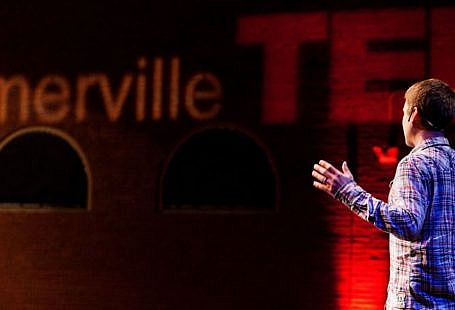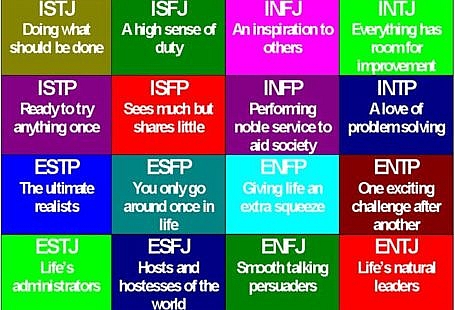Sports Psychologist, Susan Zaro
Stop wondering what sports psychology is! Here, a professional coach for athletes describes her job combining psychotherapy and coaching. She also describes the best and worst parts of working in sports psychology, and offers career tips…
“If you’re thinking about sport psychology consulting and you don’t have a counseling background, look into a Master’s Degree in Sport Psychology,” says Susan Zaro, who has provided customized Sport Psychology programs and services to individuals, families, coaches and sport organizations in the San Francisco Bay Area for over a decade. “There are several online resources that can help you find schools that offer this degree.”
She adds that it’s useful to have a sports background and to know the nuances of the different sports. Athletes are comfortable talking to people who understand their lives and can speak their language – which may be the key to successfully coaching professional athletes!
What is Sports Psychology? Professional Coaching for Athletes
“My two titles are Sport Psychology Consultant and Professional Tennis coach,” says Zaro. “I combine my knowledge and experience as a competitive athlete with years as a coach and psychotherapist to serve a wide population of athletes, including professional, collegiate, high school and those participating on a competitive/recreational level.”
As a Sport Psychology Consultant, Zaro teach clients the mental skills necessary to perform consistently in training and competition. Most of the mental skills training programs she designs for clients include anxiety and energy management, focusing skills (attention and concentration), goal setting, visualization, positive inner dialogue, motivation, relaxation training and team building.
How Much Money Does a Sport Psychology Consultant Make?
“Income in the field of sports psychology varies,” says Zaro. “A seasoned Sport Psychology Consultant can earn $50,000 and up.” As with most entrepreneurs and small businesses, compensation depends on program creativity, networking and referrals.
Most sports psychology consultants have a Master’s Degree or Doctorate.
The Best Parts of Working as a Professional Coach
“One of the most enjoyable and satisfying parts of working in Sport Psychology is that it brings together traits and knowledge I’ve acquired over a lifetime,” says Zaro. “An example of this is when I work with tennis players. I can be on the court and train them in both the physical and mental skills of tennis. In contrast, when I work with couples in ballroom dancing, the focus is frequently to help couples separate out partnership issues from peak performance issues.”
Zaro coaches athletes who have a wide range of ages, skill levels, and sport diversities, which makes her work interesting. “I enjoy helping people identify their goals, motivation and purpose,” she says. “Some clients seek support from my Sport Psychology services for the health and social connection they get from participating in athletics. For other clients, sport involvement is their livelihood, so success takes on a different meaning.”
The Downside of Professional Coaching
“One of the biggest challenges for me is that social/recreational athletes do not make mental skills a part of their overall athletic training early enough,” says Zaro. “Instead, they use it as a quick fix for symptom relief. An example of this is when, two days prior to a competition, a client feels that the level of his/her nervousness is going to impede performance. The client calls me for a quick fix. This is equivalent to rarely ever practicing your serve and then calling a tennis pro two days before a tournament and asking for a serving lesson.”
Zaro says it’s possible to give athletes enough information and tools to calm down, but results are longer lasting when mental skills training is a consistent part of their training program. When a client receives relief, there is a tendency to stop practicing the skills. Amateur athletes have this tendency more than professional or Olympian sports athletes do.
The Biggest Surprise About Sports Psychology Consulting
In the last five to seven years, Sport Psychology as well as peak performance services have become commonly utilized by professional athletes, performing artists and the business community to achieve performance goals. For instance, after winning the National Basketball Championship in July 2010, LA Laker Ron Artest publicly thanked his psychologist for helping him to stay calm during the championships.
“This shows how important, as well as mainstream, mental skills training has become,” says Zaro. “As a result of more professional athletes acknowledging the use of Sport Psychology, younger athletes are now more open to the introduction of mental performance skills earlier in their careers as part of a well-balanced training program.”
In addition to a Masters degree in Counseling Psychology, Susan Zaro has Level 2 training in EMDR, training in bio-feedback, Level 2 Sport Science Certification from the U.S.T.A. and Sport Science Specialist Certification through the U.S.P.T.A. High Performance Competitive Player Development Program. She is a Licensed Marriage, Family Therapist and a U.S.P.T.A. P-1 teaching professional.
A similar job description is working as a Personal Fitness Trainer – but it requires quite a different education.
Do you have any questions or thoughts about sports psychology or working as a professional coach? Please comment below.




